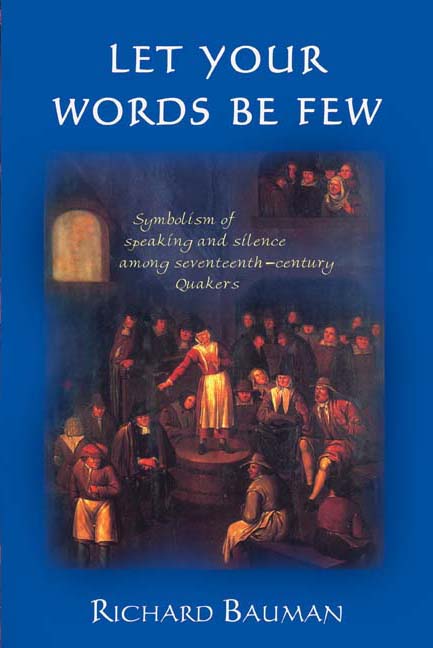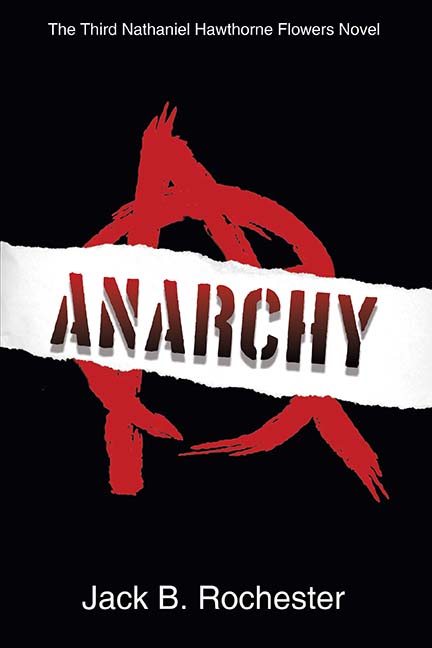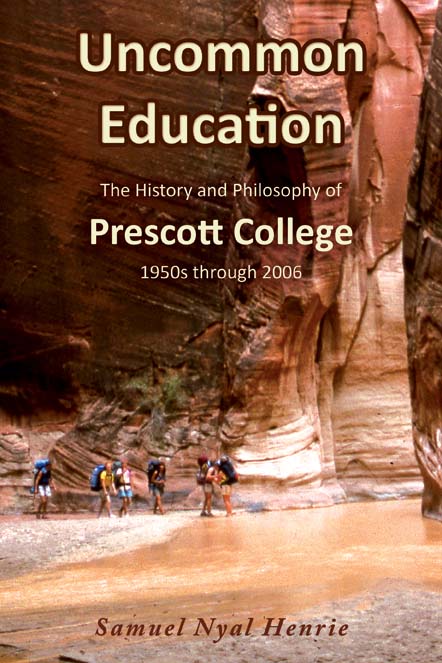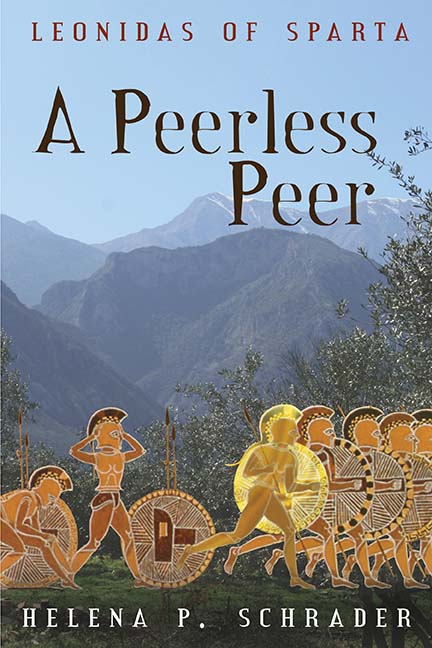Richard Bauman is distinguished professor emeritus of folklore and ethnomusicology, communication and culture, and anthropology at Indiana University, Bloomington. The principal foci of his research and publications include language ideologies, narrative, oral poetics, performance, and language in religious practice. He has done fieldwork in Scotland, Nova Scotia, Texas, and Mexico, and historical research on early Quakers and medieval Iceland; he is currently engaged in an extended research project on the discursive regimentation of early commercial sound recordings. Bauman has served as president of the Society for Linguistic Anthropology and the Semiotic Society of America, and as editor of the Journal of American Folklore. Among his publications are For the Reputation of Truth (1971); Verbal Art as Performance (1977); Story, Performance, and Event (1986); Voices of Modernity (with Charles L. Briggs, 2003), winner of the Sapir Prize; and A World of Others’ Words (2004).
Let Your Words Be Few: Symbolism of Speaking and Silence Among Seventeenth-Century Quakers
$15.95
Description
Amid the spiritual and intellectual turmoil of seventeenth-century England, the Quakers emerged and grew into a distinct and enduring religious movement. This book offers a fresh and striking insight into early Quaker history through a study of their distinctive ways of speaking, which, together with their use of silence, served as a specific identifying feature of the movement.
Using the combined perspectives of the ethnography of speaking, symbolic anthropology, and the historical sociology of religion, Richard Bauman shows that for the very early Quakers speaking and silence were key symbols, providing both a vocabulary for conceptualizing their principles as well as a vehicle for carrying these principles into action. Silence was not merely an abstention from speaking or an empty interval between utterances, but an act as richly textured and multidimensional in its meanings as speaking. Both unified thought and action. Professor Bauman discusses many instances of the operation of speaking and silence, including, among other central elements of early Quaker belief and practice, the contexts and settings of Quaker religious communication, the patterns and functions of Quaker “plain language,” and the Quaker testimony against the swearing of oaths. In particular, he examines the role of the minister, both as a dynamic speaker who played out the tension between speaking and silence, and as a link between the outside world and the Quaker inner community. He also uses the role of the minister to trace the changes in speaking, and, correspondingly, the direction of the Quaker movement, during the seventeenth century.
This book is unique in that it comprehends both the cultural and social aspects of Quaker history by explicating their construction of meaning through their use of language. Its unified approach will make it of interest to sociolinguists, social historians, symbolic anthropologists, and sociologists of religion.





